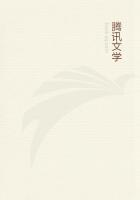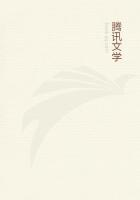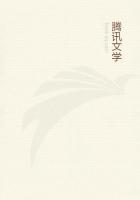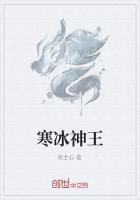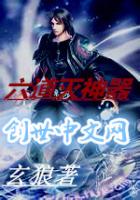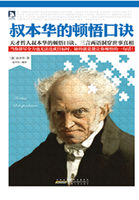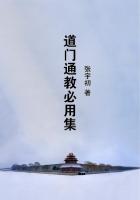Though Bacon did not arm his philosophy with the weapons of logic, he adorned her profusely with all the decorations of rhetoric. His eloquence, though not untainted with the vicious taste of his age, would alone have entitled him to a high rank in literature. He had a wonderful talent for packing thought close, and rendering it portable. In wit, if by wit be meant the power of perceiving analogies between things which appear to have nothing in common, he never had an equal, not even Cowley, not even the author of Hudibras. Indeed, he possessed this faculty, or rather this faculty possessed him, to a morbid degree. When he abandoned himself to it without reserve, as he did in the Sapientia Veterum, and at the end of the second book of the De Augmentis, the feats which he performed were not merely admirable, but portentous, and almost shocking. On those occasions we marvel at him as clowns on a fair-day marvel at a juggler, and can hardly help thinking that the devil must be in him.
These, however, were freaks in which his ingenuity now and then wantoned, with scarcely any other object than to astonish and amuse. But it occasionally happened that, when he was engaged in grave and profound investigations, his wit obtained the mastery over all his other faculties, and led him into absurdities into which no dull man could possibly have fallen. We will give the most striking instance which at present occurs to us. In the third book of the De Augmentis he tells us that there are some principles which are not peculiar to one science, but are common to several. That part of philosophy which concerns itself with these principles is, in his nomenclature, designated as philosophia prima. He then proceeds to mention some of the principles with which this philosophia prima is conversant. One of them is this. An infectious disease is more likely to be communicated while it is in progress than when it has reached its height. This, says he, is true in medicine. It is also true in morals; for we see that the example of very abandoned men injures public morality less than the example of men in whom vice has not yet extinguished all good qualities. Again, he tells us that in music a discord ending in a concord is agreeable, and that the same thing may be noted in the affections. Once more, he tells us, that in physics the energy with which a principle acts is often increased by the antiperistasis of its opposite; and that it is the same in the contests of factions. If the making of ingenious and sparkling similitudes like these be indeed the philosophia prima, we are quite sure that the greatest philosophical work of the nineteenth century is Mr. Moore's Lalla Rookh. The similitudes which we have cited are very happy similitudes. But that a man like Bacon should have taken them for more, that he should have thought the discovery of such resemblances as these an important part of philosophy, has always appeared to us one of the most singular facts in the history of letters.
The truth is that his mind was wonderfully quick in perceiving analogies of all sorts. But, like several eminent men whom we could name, both living and dead, he sometimes appeared strangely deficient in the power of distinguishing rational from fanciful analogies, analogies which are arguments from analogies which are mere illustrations, analogies like that which Bishop Butler so ably pointed out, between natural and revealed religion, from analogies like that which Addison discovered, between the series of Grecian gods carved by Phidias and the series of English kings painted by Kneller. This want of discrimination has led to many strange political speculations. Sir William Temple deduced a theory of government from the properties of the pyramid. Mr. Southey's whole system of finance is grounded on the phaenomena of evaporation and rain. In theology, this perverted ingenuity has made still wilder work. From the time of Irenaeus and Origen down to the present day, there has not been a single generation in which great divines have not been led into the most absurd expositions of Scripture, by mere incapacity to distinguish analogies proper, to use the scholastic phrase, from analogies metaphorical. [See some interesting remarks on this subject in Bishop Berkeley's Minute Philosopher, Dialogue iv.] It is curious that Bacon has himself mentioned this very kind of delusion among the idola specus; and has mentioned it in language which, we are inclined to think, shows that he knew himself to be subject to it. It is the vice, he tells us, of subtle minds to attach too much importance to slight distinctions; it is the vice, on the other hand, of high and discursive intellects to attach too much importance to slight resemblances; and he adds that, when this last propensity is indulged to excess, it leads men to catch at shadows instead of substances. [Novum Organum, Lib. i. Aph. 55.]
Yet we cannot wish that Bacon's wit had been less luxuriant. For, to say nothing of the pleasure which it affords, it was in the vast majority of cases employed for the purpose of making obscure truth plain, of making repulsive truth attractive, of fixing in the mind for ever truth which might otherwise have left but a transient impression.

